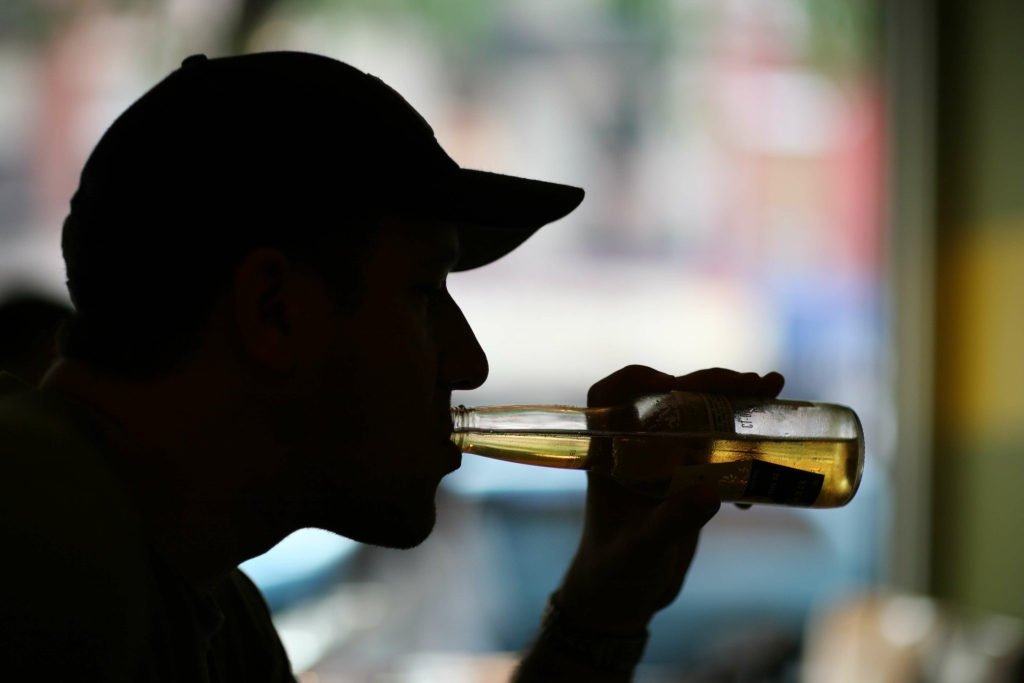Content
In many cases relationships with family members are cited as the cause of substance abuse, so it’s important to choose the family and friends that are permitted into a support network carefully and honestly. September is National Recovery Month, a time to help raise awareness and understanding of mental health and substance use disorders and to celebrate those in recovery from addiction. Approximately 22 million Americans struggle with addiction to alcohol and drugs on a daily basis, and another 100 million family members and friends share their pain. Loved ones of an addicted individual suffer just as much, if not more, than the addicted individual themselves. Therefore, for those who have a loved one in recovery from addiction, we first and foremost hope that you have your own support and find healing as well. On this website you can find resources, articles, and support for family members and friends; however, this specific article is devoted to how best to support your loved one in recovery.

Mutual support meetings are a powerful tool to understand your issues, overcome urges, and talk it out with others who can help. Experiencing feelings of fear, worry and anger are understandable and normal for someone on the sidelines trying to support a loved one. As with any other chronic illness, the more informed you are the better you will be able to support them. Drugs and alcohol can rewire the brain, disrupting function and leading to dependency. It results in a distorted value system that shifts toward supporting ongoing substance use. You may be able to set yourself up for success by surrounding yourself with people who have a positive impact on you.
How To Build A Healthy Support System
Medication Assisted Treatment and harm-reduction or moderation management strategies can be effective, and not all individuals will achieve complete abstinence, at least not in the early stages of their recovery, and that is ok. Also, learn the signs of relapse including red flags to look out for that one might be headed towards a relapse, as well as signs and symptoms that one is under the influence of drugs and alcohol. You might consider this one an addendum to being accepting because the best way to put your prejudices and preconceived notions to the side is to be more informed. In short, this means you should take the time to learn more about addiction and recovery. Because the more you learn, the more you’ll understand what your loved one is experiencing, and the more you can help by supporting the addict in Los Angeles in whichever ways are needed at any given time. Oftentimes boundaries are broken when someone is actively struggling with addiction, and this can continue into recovery.
What are the 3 R’s from addiction to recovery?
These three critical stages are: Resentments, Relief, and Relapse Prevention. This is the earliest stage that a recovering individual passes through on the journey of recovery.
Addicts use substances as a way to escape the everyday stresses of life. You shouldn’t place yourself in stressful situations that you know can trigger your desire to relapse. Just as people who have food allergies know that they shouldn’t eat a certain food because of what it can do to them, an addict should not place him or herself in any vulnerable or risky situations that can create more stress. The steps that it took to get to recovery, alone, are a strong indication of how much an addict has gone through to find peace and treatment. For example, if you’re invited to an event where alcohol or other drugs might be present, one of your sober friends can come with you.
How Is a Healthy Recovery Support System Built?
You can seek out a peer leader before, during, or after treatment. Peer support will be a valuable resource regardless of where you are in your recovery journey. While your family member is in family support in addiction recovery treatment, you can do some work on your own to gain support, improve your coping skills, learn how to avoid enabling, and be better prepared overall when your loved one comes home from rehab.

This app was created to offer users a creative, personalized approach to recovering from substance use disorders and eating disorders. While addiction is hard on an individual, his or her family is also affected. It can be difficult for loved ones to forgive an addicted person for past wrongs or stay supportive of their recovery. Family support groups treat addiction as a condition that affects the entire family. The 12 steps are a part of treatment in many inpatient drug and alcohol rehab facilities.
Four major dimensions that support recovery
Consequently, understanding how support networks can benefit a recovery program and what types of networks are available is essential for people who are battling the disease of addiction or alcoholism. If your home environment or social circle contributes to your substance use disorder , you may be concerned about how you will sustain your sobriety after quitting drugs or alcohol. Not everyone has an ideal living situation for lasting recovery, which is why peer https://ecosoberhouse.com/ is an essential component of your sober lifestyle plan.